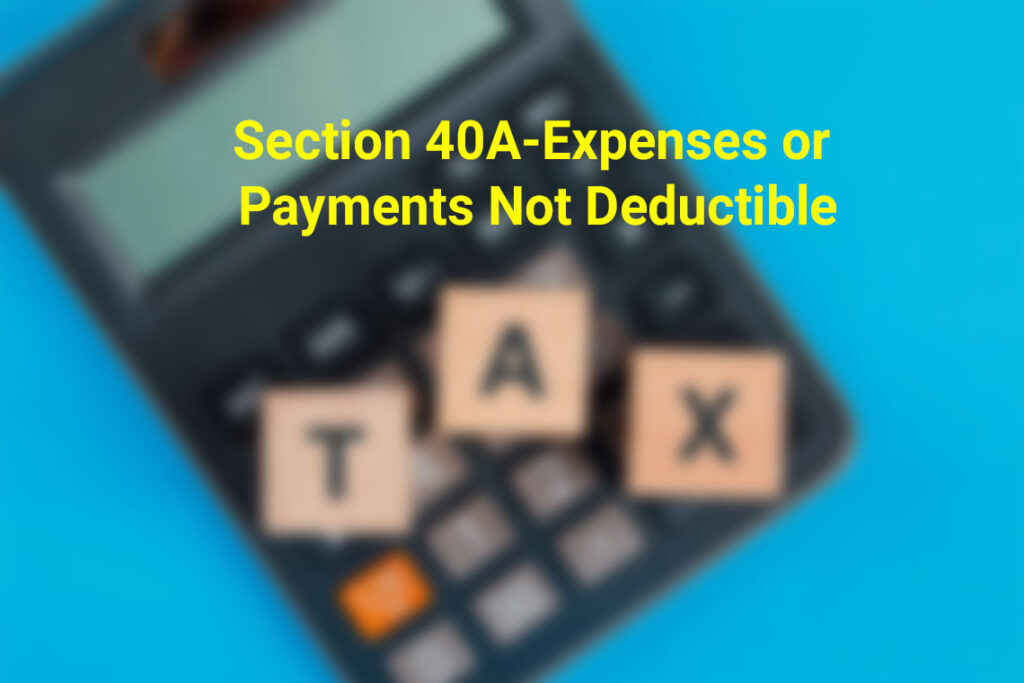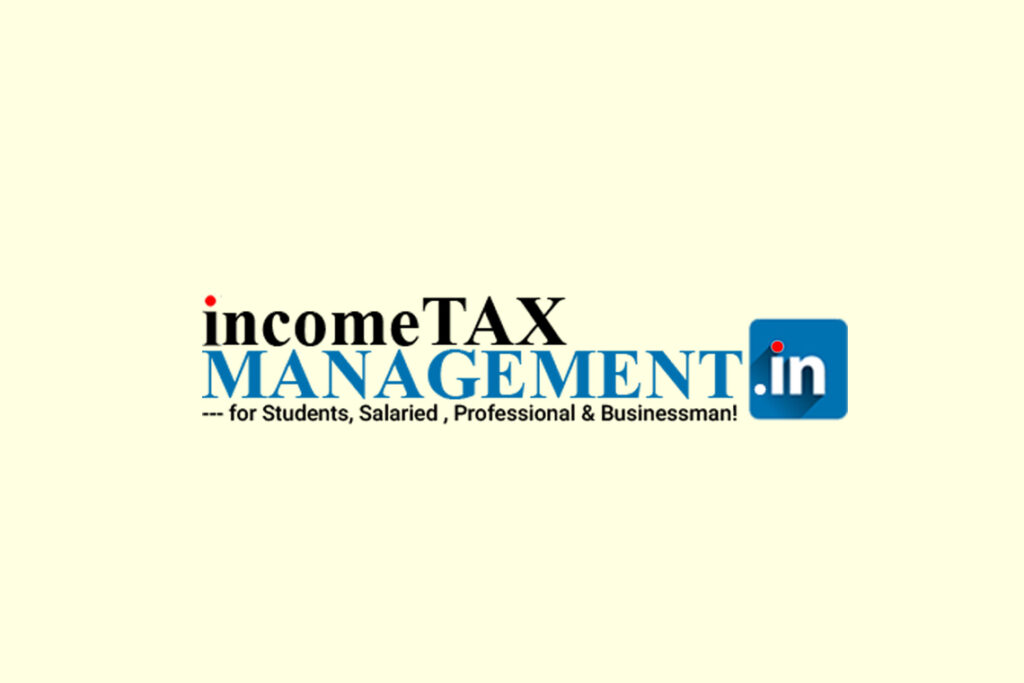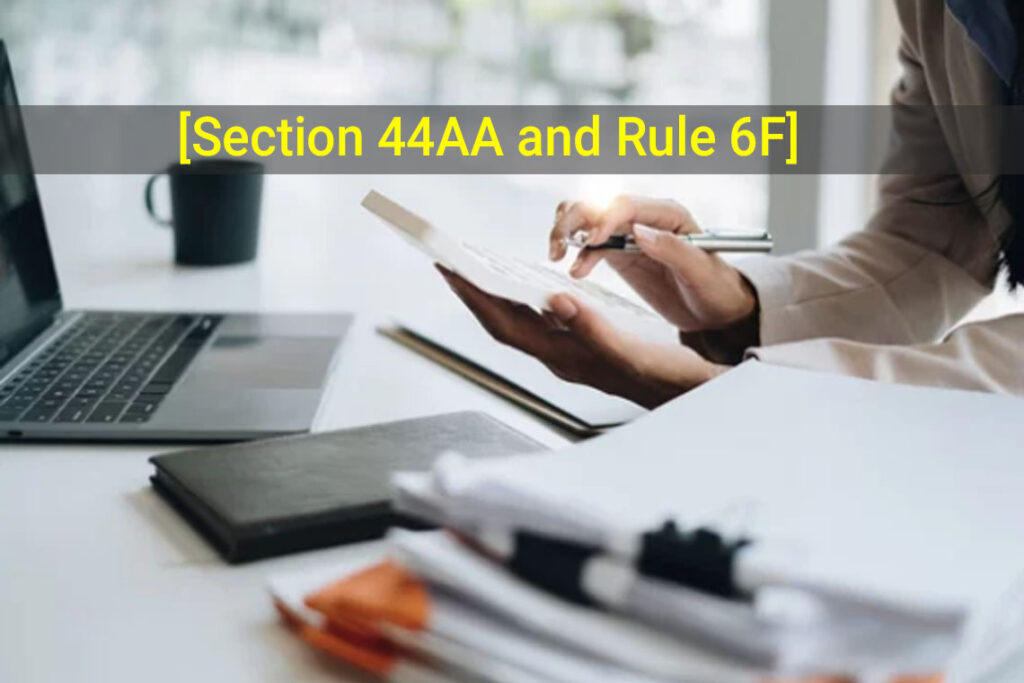The provisions, which are being discussed under various sub-sections of section 40A have overriding effect over the provisions of any other section, because section 40A(1) clearly states that the provision of section 40A shall have effect notwithstanding anything to the contrary contained in any other provisions of the Act. Therefore any expenditure or allowance, though specifically allowable under any other provisions under the head business or profession, will not be deductible if any of the sub-sections of section 40A are applicable.
The following situations, all Expenses or Payments not deductible under Section 40A for computing Business Income.
1. Expenses or payments not deductible where such payments are made to Relatives [Section 40A(2)]:
Where the assessee incurs any expenditure, in respect of which payment has been made or is to be made to certain specified persons (i.e. relatives or close associates of the assessee), and the Assessing Officer is of the opinion that such expenditure is excessive or unreasonable having regard to the fair market value of the goods, services or facilities for which the payment is made or the legitimate needs of the business or profession of the assessee or the benefit derived or accruing to him therefrom, so much of the expenditure, as is so considered by him to be excessive or unreasonable, shall not be allowed as a deduction.
Therefore, for an amount to be disallowed under this Section, three conditions have to be fulfilled:
(i) the payment is in respect of any expenditure;
(ii) the payment has been made or is to be made to a specified person in respect of such expenditure;
(iii) the payment for the expenditure is considered excessive or unreasonable having regard to:
(a) the fair market value of the goods, services or facilities; or
(b) the legitimate business needs of the assessee’s business or profession; or
(c) the benefit derived by or accruing to the assessee from the payment.
If the above conditions are fulfilled, the Assessing Officer can disallow the expenditure to the extent he considers it excessive or unreasonable by the above objective standards or otherwise.
However no disallowance, on account of expenditure being excessive or unreasonable having regard to the fair market value, shall be made in respect of a specified domestic transaction referred to in section 92BA, if such transaction is at arm’s length price as defined in section 92F(ii).
EXAMPLE:
- X Co. Ltd., dealing in furniture, buys 100 tables at the rate of ₹2,500 per table from R, a director of the The market rate of each table is ₹2,000. In this case, the payment has been made to a specified person and is excessive. The assessing officer will disallow an amount of ₹50,000 (₹500 X 100) in computing the business income of the assessee.
- X, an individual carrying on business, has employed his son as the General Manager of the concern and pays him a salary of ₹10,000 per month. Having regard to the qualifications and experience of the son, the assessing officer feels that the appropriate salary of the son should not be more than ₹4,000 per month. The assessing officer can disallow ₹6,000 per month under provisions of this section.
2. Disallowance of 100% of expenditure if payment is made by any mode other than account payee cheque or draft [Section 40A(3)(a)]:
Where the assessee incurs any expenditure in respect of which a payment or aggregate of payments made to a person in a day, otherwise than by an account payee cheque drawn on a bank or account payee bank draft, or use of electronic clearing system through a bank account or such other electronic mode as may be prescribed exceeds ₹10,000, no deduction shall be allowed in respect of such expenditure.
| 1. In case of payment made for plying, hiring or leasing goods carriage, section 40A(3) and 40(3A) shall be applicable if such amount paid exceeds Rs.35,000 instead of Rs. 10,000.
2. Other electronics modes [Rule 6ABBA] The following shall be the other electronic modes for the purposes of section 40A(3), (3A) and (4), namely:- (a) Credit Card; (b) Debit Card (c) Net Banking (d) IMPS (Intermediate Payment Service); (e) UPI (Unified Payment Interface); (f) RTGS (Real Time Gross Settlement) ; (g) NEFT (National Electronics Transfer), and (h) BHIM (Bharat Interface for Money) , Aadhaar Pay. |
Situation where payment is made in subsequent year although deduction for the expense was already allowed in any earlier year:
Where an allowance has been made in the assessment for any year in respect of any liability incurred by the assessee for any expenditure and subsequently during any previous year the assessee makes payment in respect thereof, otherwise than by an account payee cheque drawn on a bank or account payee bank draft, or use of electronic clearing system through a bank account the payment so made shall be deemed to be the profits and gains of business or profession and accordingly chargeable to income-tax as income of the subsequent year if the amount of payment exceeds ₹10,000 / 35,000
However, in both the above two cases, where payment is made for plying, hiring or leasing goods carriages, the payment shall have to be made by account payee cheque or account payee draft or use of electronic clearing system through a bank account or such other electronic mode as may be prescribed if the amount of payment exceeds ₹35,000 instead of ₹10,000 applicable in all other cases.
Further, there are certain exceptions provided in rule 6DD, under which expenditure, even exceeding ₹10,000/₹35,000 shall be allowed as deduction, even though the payment or aggregate of payments made to a person in a day is not made by an account payee cheque/draft.
These exceptions are—
(a) where the payment is made to—
(i) the Reserve Bank of India or any banking company;
(ii) the State Bank of India or any subsidiary bank;
(iii) any co-operative bank or land mortgage bank;
(iv) any primary agricultural credit society or any primary credit society;
(v) the Life Insurance Corporation of India;
(b) where the payment is made to the Government and, under the rules framed by it, such payment is required to be made in legal tender;
(c) where the payment is made by—
(i) any letter of credit arrangements through a bank;
(ii) a mail or telegraphic transfer through a bank;
(iii) a book adjustment from any account in a bank to any other account in that or any other bank;
(iv) a bill of exchange made payable only to a bank;
(v) the use of electronic clearing system through a bank account;
(vi) a credit card;
(vii) a debit card.
(d) where the payment is made by way of adjustment against the amount of any liability incurred by the payee for any goods supplied or services rendered by the assessee to such payee;
(e) where the payment is made for the purchase of—
(i) agricultural or forest produce; or
(ii) the produce of animal husbandry (including livestock, meat, hides and skins) or dairy or poultry farming; or
(iii) fish or fish products; or
(iv) the products of horticulture or apiculture,
to the cultivator, grower or producer of such articles, produce or products;
(f) where the payment is made for the purchase of the products manufactured or processed without the aid of power in a cottage industry, to the producer of such products;
(g) where the payment is made in a village or town, which on the date of such payment is not served by any bank, to any person who ordinarily resides, or is carrying on any business, profession or vocation, in any such village or town;
(h) where any payment is made to an employee of the assessee or the heir of any such employee, on or in connection with the retirement, retrenchment, resignation, discharge or death of such employee, on account of gratuity, retrenchment compensation or similar terminal benefit and the aggregate of such sums payable to the employee or his heir does not exceed fifty thousand rupees;
(i) where the payment is made by an assessee by way of salary to his employee after deducting the incometax from salary in accordance with the provisions of section 192 of the Act, and when such employee—
(i) is temporarily posted for a continuous period of fifteen days or more in a place other than his normal place of duty or on a ship; and
(ii) does not maintain any account in any bank at such place or ship;
(j) where the payment was required to be made on a day on which the banks were closed either on account of holiday or strike;
(k) where the payment is made by any person to his agent who is required to make payment in cash for goods or services on behalf of such person;
(l) where the payment is made by an authorised dealer or a money changer against purchase of foreign currency or travellers cheques in the normal course of his business.
| IMPORTANT NOTES :
1. The provisions of the Section do not apply to repayment of loans or payment towards the purchase price of capital assets such as plant and machinery not for resale. [Circular No. 34, dated 5.3.1970]. 2. The provisions of section 40A(3) are applicable only in computing income under the heads ‘Profits and Gains of Business or Profession’ and ‘income from other sources’. [Circular No. 34, dated 5.3.1970]. |
EXAMPLE:
Will the provision of section 40A(3) be attracted in the following cases:
| Questions | Answers A.Y. 2022-23 |
| (a) R purchases goods worth ₹30,000 from G against one bill but makes payment of ₹18,000 & ₹12,000 at different times on the same date. | Section 40A(3) shall be applicable and ₹30,000 shall be disallowed |
| (b) R makes a payment of ₹40,000 as donation by cheque to National Defence Fund. | Section 40A(3) shall not be applicable. As donation is not allowable as deduction under section 30 to 37 but allowable under section 80G from GTI |
| (c) R makes a purchase of goods of ₹60,000 and makes payment of ₹45,000 by account payee cheque and ₹15,000 in cash. | Section 40A(3) will be applicable as the payment in cash exceeds ₹10,000. Hence, ₹15,000 shall be disallowed. |
| (d) R makes a purchase of goods of ₹60,000 on 14.2.2022 and makes the payment as under:
(i) ₹30,000 by account payee cheque on 15.2.2022 (ii) ₹15,000 in cash on 15.2.2022 (iii) ₹15,000 in cash on 16.2.2022 |
Section 40A(3) will be applicable as the payment in cash exceeds ₹10,000. Hence, ₹30,000 shall be disallowed.
|
| (e) R purchases a machine for ₹1,20,000 and makes the payment of ₹70,000 by account payee cheque and ₹50,000 in cash. | Although section 40A(3) is not applicable but second proviso to section 43(1) shall be applicable and ₹50,000 shall be ignored while computing the actual cost of the asset |
| (f) R, a dealer of machines purchases a machine for ₹1,20,000 and makes the payment by crossed cheque. | Entire ₹1,20,000 shall be disallowed as payment is not by account payee cheque |
| (g) R makes an advance of ₹30,000 on 14.8.2021 by crossed cheque for purchase of goods and delivery of the goods is made on 20.9.2021. | ₹30,000 shall be disallowed as the payment is made by crossed cheque |
| (h) R pays a salary of ₹14,000 by crossed cheque to an employee. | ₹14,000 shall be disallowed as the payment exceeds ₹10,000 and it has been made by a crossed cheque. |
| (i) R purchases goods in cash from his brother for ₹40,000, whose market value is ₹35,000. | ₹5,000 will be disallowed under section 40A(2) and ₹35,000 shall be disallowed under section 40A(3) |
| (j) R purchases goods in cash from his brother for ₹21,000 whose market value is ₹19,000. | Assessing Officer may not apply section 40A(2).
He may apply section 40A(3) and disallow entire amount of ₹21,000 If he applies section 40A(2) also, ₹2,000 shall be disallowed under section 40A(2) and balance ₹19,000 shall be disallowed under section 40A(3). |
| (k) R is a consignee agent (Kacha arhatiya) and makes payment of ₹5,00,000 in cash for goods received by him for sale on commission or consignment basis. | No, because such a payment is not an expenditure deductible in computing the business income of the agent. |
| (l) R is a commission agent (Pucca arhatiya) and makes purchases of goods in cash for ₹40,000 on his own account and not on commission basis. | Yes, ₹40,000 shall be disallowed |
| (m) R purchases goods in cash for ₹40,000 from X, a villager and makes payment to X in his village where no banking facility is available. | No. As per rule 6DD, it is permissible. |
| (n) In case given in (m) what will be answer, if R makes the payment to X (the villager) in town where banking facility is available. | Yes, ₹40,000 shall be disallowed |
| (o) R makes a payment in cash amounting to ₹35,000 to a transporter on 5.10.2019. | Nothing shall be disallowed as payment is made to a transporter which can be made otherwise than by an account payee cheque upto ₹35,000. |
| (p) Payment made in cash during the day for ₹45,000 of 3 different bills each bill amount is less than ₹20,000 but more than ₹10,000. | Entire amount of ₹45,000 shall be disallowed because the expenditure as well as payment of each bill exceed ₹10,000. |
3. Disallowance in respect of Provision for Gratuity [Section 40A(7)]:
Gratuity is a liability which normally arises according to the length of the service of the employees’ of the assessee. The liability would generally accrue year after year. However, due to practical difficulties in computing the deduction allowable on accrual basis, it has been provided under section 40A(7) that deduction on account of provision for gratuity shall be allowed only when:—
(a) the amount of gratuity has actually become payable during the previous year to the employees’ (provided deduction has not been claimed under clause (b) below); or
(b) when a provision has been made for payment of a sum by way of any contribution towards an approved gratuity fund.
Therefore, no deduction shall be allowed in respect of any provision made for the payment of gratuity to the employees, even though the assessee may be following the mercantile system of accounting, unless it is a provision for the purpose of payment of a sum by way of any contribution towards an approved gratuity fund.
| 1. Where any provision made by the assessee towards an approved gratuity fund has been allowed as a deduction in computing the income of an assessee for any assessment year, any sum paid out of such provision by way of contribution towards an approved gratuity fund or by way of gratuity to any employee shall not be allowed as a deduction in computing the income of the assessee of the previous year in which sum is so paid.
2. Although provision for gratuity to the approved gratuity fund is allowed as deduction, but it will be subject to provisions of section 43B. |



![Compulsory Tax Audit of Accounts [Section 44AB]](https://incometaxmanagement.in/wp-content/uploads/2023/09/Compulsory-Tax-Audit-of-Accounts-Section-44AB-1024x683.jpg)




![General Deductions [Section 37(1)]](https://incometaxmanagement.in/wp-content/uploads/2023/09/General-Deductions-Section-371-1024x683.jpg)

![Expenses allowed as a Deduction [Sections 30 to 35]](https://incometaxmanagement.in/wp-content/uploads/2023/09/Expenses-allowed-as-a-Deduction-Sections-30-to-35-1024x683.jpg)
